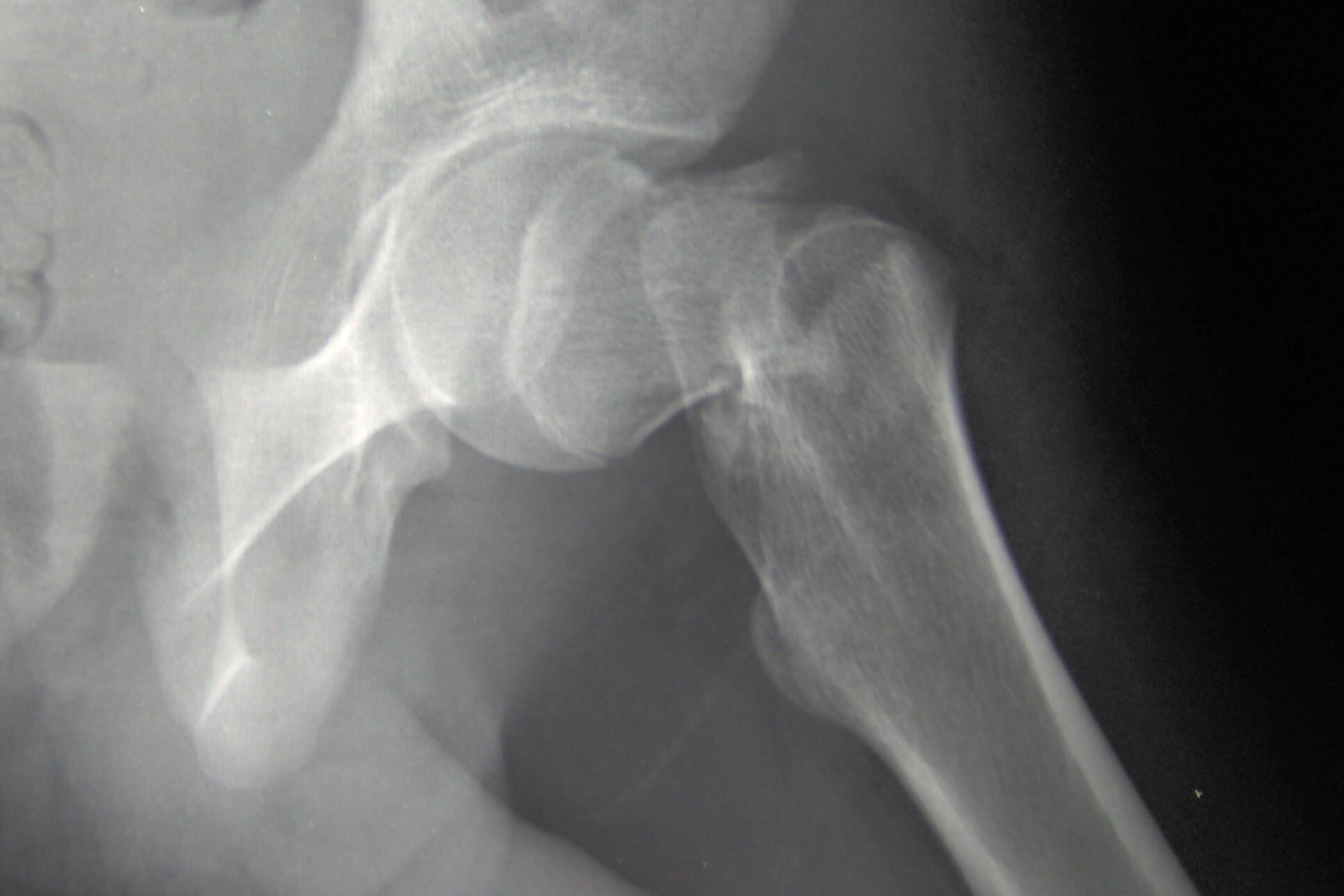Calcium was under fire, again, at the latter half of last year. An interview published by the Harvard Women’s Health Watch, for example, said that the recommended calcium intake levels for women are unnecessarily high, and can be dangerous.
But much of the media frenzy was triggered by New Zealand scientist Ian Reid of the University of Auckland’s School of Medicine, whose studies contends that not only are calcium and vitamin D ineffective in treating or preventing osteoporosis, they may also have adverse cardiovascular effects.
Media outlets from CBC to NBC to the New Zealand Herald wrote about it, and Professor Reid won the premier Prime Minister’s Science Prize for his work.
Hitting the numbers
It seems like bad press took a toll on calcium supplements financially. According to data from Euromonitor, US consumers spent $914.3 million on calcium supplements, a 6% decrease from $973.7 million in 2014. The same data set is grave in its 2016 predictions, forecasting an additional 5% decrease to $864.9 million.
But many experts in bone health and calcium itself often dismiss this fear as bogus, mostly due to the non-clinical nature of the meta-analysis paper by Professor Reid.
“The evidence mostly has come from secondary analysis of trials that were designed for some other outcome,” Dr Connie Weaver, PhD, Department Head of Nutrition Science at Purdue University, told NutraIngredients-USA. “If they weren’t designed for the main question, than the outcome won’t measure the same way.”
“Every report that [concludes with calcium’s disadvantages] uses a different outcome measure. Some use myocardial infarctions and say there’s a link between calcium supplements and cardiovascular health, but another trial won’t find anything about myocardial infarction but find something about coronary events, or something else,” Dr Weaver adds, “The data is all across the board.”
Recommended populations
When it comes to the mechanism of calcium, based on animal studies Dr. Weaver has conducted, there is no reason for concern, but the differing schools of thought in academia is pushing consumers to think if they are risking cardiovascular health for osteoporosis, or vice versa?
“I wouldn’t say it poses a risk,” she said, adding that a cautious and prudent approach to calcium supplementation is taking three servings of dairy a day, with each cup offering around 300mg of calcium.

Food and nutrition expert Dr Taylor Wallace, who recently left his position as Senior Director of Science Policy and Government Relations at the National Osteoporosis Foundation (NOF) to start his own health consulting practice, agrees that calcium is still an important nutrient for bone health.
“If we get children and adolescents to build the strongest, healthiest bones, then we could offset the osteoporosis or maybe even completely prevent it later in life, and one of the determinants was calcium intake,” he said about a new position paper he helped author with the NOF, published in the journal Osteoporosis International. “You can definitely see in children that increased calcium consumption means larger, stronger bones.”
